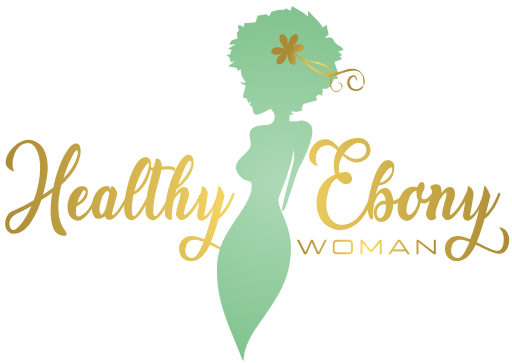Hello! It’s a pleasure to be on this platform and I love to discuss all things food!
So as a Black British woman of African descent, diabetes & high BP are common within our families and populations. I tell you, my family is inclusive! High salt intake is one of the major causes of high blood pressure as you probably already know.
Personally, I believe that adding a lot of salt especially to cooked food (as it is a habit for some), is not only unhealthy but also masks the natural flavours in food! Over the years, I have made a conscious effort to limit the amount of salt I use in my cooking and began experimenting with alternative ways to make food flavourful without the use of some artificial flavourings that are high in salt. Natural Herbs & spices became the way to go.
Firstly, why do we feel the need to coat our food with a lot of salt? Because we believe that salt makes food taste better! No doubt but the question is.
“Exactly how much salt should we ideally consume”?
The British Heart Foundation states that regularly eating too much salt increases some people’s blood pressure. The recommendation for adults is to consume not more than 6g of salt a day (which equates to one teaspoon). Now this 6g is inclusive of salt we add in meals when cooking, from artificial flavourings & those already in ready bought foods like bread, sauces etc.
My journey with cooking using herbs started in 2015 and has become a habit, whether it’s my family meals or cooking for guests or clients! Herbs are natural, they have added health benefits such as antivirals properties, aiding digestion, etc. For example, Parsley, oregano and rosemary for example are rich in antioxidants, have anti-inflammatory & antibacterial properties.
They are flavourful, cheap and easy to source! It does not get any better than that won’t you say? I absolutely love the exotic flavours herbs can give in food especially when combined to cook up a storm to produce some beautiful bombshells in the mouth as I like to call it. Herbs can be added to juices, smoothies or even eaten raw.
Herbs benefit
It will be useful to highlight some common everyday herbs and their benefits.
- Thyme is a good source of vitamin A & C, & increases build circulation
- Coriander leaves or seeds are good for detox
- Basil is rich in antioxidants & has anti-viral properties
- Dill also rich in antioxidants and a good source of vitamin A, C & Magnesium
- Tarragon has Antibacterial properties & can boost the immune system
- Garlic & Ginger are known for boosting the immune system and fighting infections
Being an avid lover of cooking with herbs, I like to describe some of their uses in my own way 🙂
- Garlic & Ginger are foundational flavours that taste great in most dishes.
- Parsley adds awesome flavours to chicken, fish, soups & salads dishes.
- Basil, traditionally known as “Efirin” in Western Nigeria is great in meat, native soups and stews.
The list can go on and on.
What steps are you willing to take this year to ensure that you reduce the amount of salt in your cooking? It is a process but you can start gradually.
Tracey Sokoya
@TrayceesFoodFashion
Food Director, Writer & Entrepreneur
Traycees
Useful reference:
Why do we love salt so much?



Comments 1